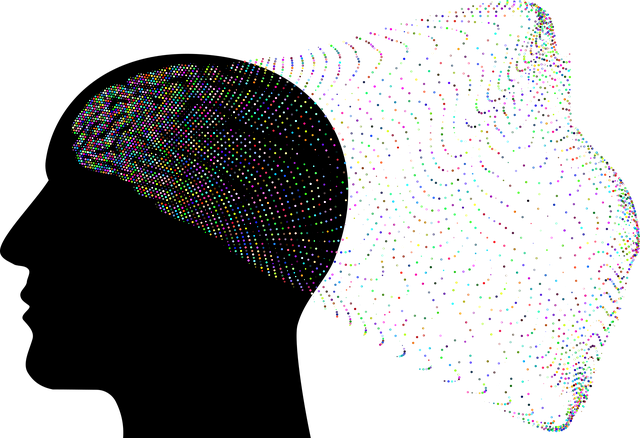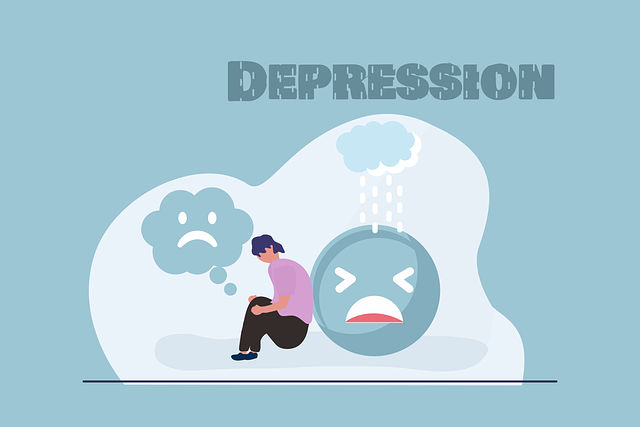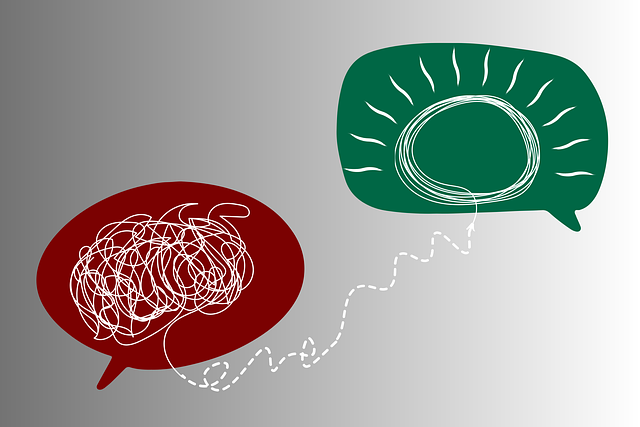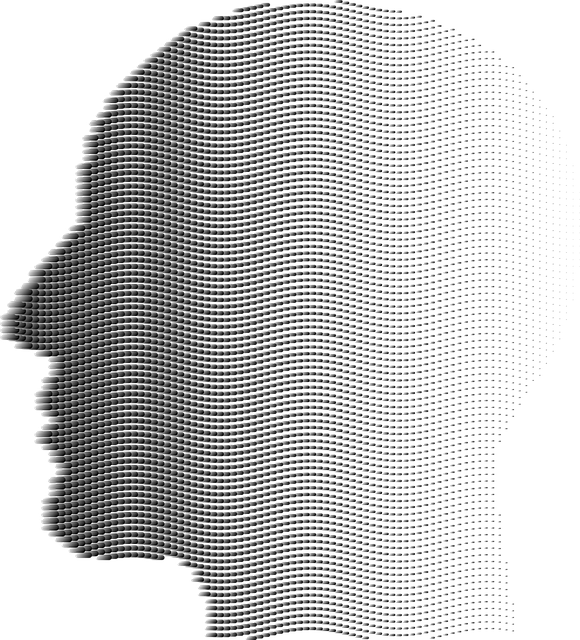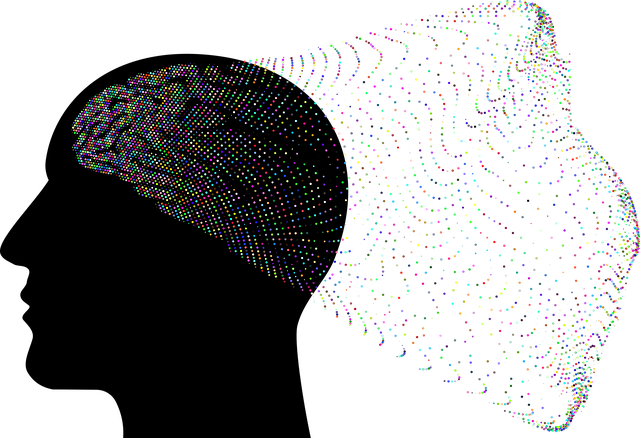Mental health data analysis in the digital age leverages diverse sources, from clinical interviews to online platforms and mobile apps, with a focus on innovative approaches like Boulder Somatic Experiencing Therapy (BSET). This holistic method integrates bodily sensations to gain unique insights into emotional well-being, emphasizing cultural sensitivity for inclusive data collection. Preprocessing is crucial for accurate analysis, involving cleaning strategies to handle inconsistencies and errors. Advanced AI techniques inspired by BSET revolutionize support with personalized recommendations, mental wellness podcasts, and tailored journaling guidance. Interpreting this data offers precise mood management strategies based on individual responses, enhancing evidence-based practices and fostering profound transformations while navigating ethical challenges and ensuring cultural sensitivity.
Mental health data analysis is a burgeoning field, offering profound insights into human well-being. This article explores the intricate process of understanding, preprocessing, and interpreting mental health data, highlighting advanced techniques for nuanced perspectives. From collection sources to ethical considerations, we delve into strategies like those employed by Boulder Somatic Experiencing Therapy (BSET) to transform raw data into actionable insights. Discover how these approaches enhance therapeutic practices and contribute to improved mental healthcare outcomes.
- Understanding Mental Health Data: Collection and Sources
- Preprocessing and Cleaning Data for Accurate Analysis
- Advanced Techniques in Mental Health Data Analysis
- Interpreting Results: Insights and Applications with Boulder Somatic Experiencing Therapy
- Challenges and Ethical Considerations in Data Interpretation
Understanding Mental Health Data: Collection and Sources

Understanding Mental Health Data is a pivotal step in any analysis, and it begins with recognizing diverse sources and methods of collection. In today’s digital age, mental health professionals leverage various tools to gather data, from traditional clinical interviews to advanced online platforms and mobile applications. These sources offer valuable insights into individuals’ emotional states, behaviors, and experiences, reflecting the intricate landscape of mental well-being. For instance, practices like Boulder Somatic Experiencing Therapy integrate bodily sensations and physical responses into therapeutic routines, providing unique data points on clients’ emotional healing processes.
Cultural sensitivity in mental healthcare practice is another critical aspect, ensuring that data collection methods are inclusive and respectful of diverse backgrounds. This approach acknowledges the influence of cultural factors on emotional regulation and adapts practices accordingly. By considering these nuances, therapists can gather more accurate and comprehensive data, facilitating deeper insights into clients’ mental health journeys.
Preprocessing and Cleaning Data for Accurate Analysis

Before diving into any mental health data analysis, a crucial step is preprocessing and cleaning the data to ensure accurate insights. This initial phase involves meticulous handling of information collected from various sources, such as client questionnaires, therapy sessions, or digital mood trackers associated with Boulder Somatic Experiencing Therapy (BSET). The goal is to remove inconsistencies, handle missing values, and correct errors that may skew analysis results.
Effective data preprocessing for mental health studies incorporates strategies tailored to the specific context, including identifying outliers, normalizing data, and transforming variables where necessary. For instance, in a Stress Management Workshops Organization or Mind Over Matter Principles-based therapy setting, preprocessing might include categorizing clients based on their stress levels or treatment responses, enabling more targeted analysis. Moreover, Risk Management Planning for Mental Health Professionals benefits from clean datasets, as it helps identify potential risks and develop strategies to mitigate them, ultimately enhancing the quality of care provided.
Advanced Techniques in Mental Health Data Analysis

In the realm of mental health data analysis, advanced techniques are transforming the way we understand and support individuals’ well-being. One notable approach, inspired by Boulder Somatic Experiencing Therapy (BSET), leverages dynamic systems theory to examine complex interconnections between mental, physical, and environmental factors. This holistic method captures nuanced data from various sources, including self-reported symptoms, physiological measurements, and contextual information, providing a comprehensive view of an individual’s mental health landscape.
Beyond BSET, the integration of artificial intelligence (AI) and machine learning algorithms has significantly enhanced analysis capabilities. These tools can identify patterns and trends within large datasets, enabling personalized recommendations for Self-Care Routine Development for Better Mental Health. Moreover, AI facilitates the creation of Mental Wellness Podcast Series Production, offering guidance on coping strategies and mental wellness exercises through engaging audio content. Similarly, Mental Wellness Journaling Exercise Guidance benefits from data analysis, as it can be tailored to individual needs based on journal entries and reflection prompts, fostering continuous improvement in one’s mental health journey.
Interpreting Results: Insights and Applications with Boulder Somatic Experiencing Therapy

Interpreting the results from mental health data analysis brings a wealth of insights and applications, particularly when leveraging techniques like Boulder Somatic Experiencing Therapy (BSET). BSET offers a unique approach to understanding emotional well-being by focusing on bodily sensations and their connection to traumatic or stressful events. By analyzing individual responses within this framework, mental health professionals can gain valuable information about clients’ internal states and triggers.
This data-driven perspective enables more precise and personalized mood management strategies. For instance, identifying specific patterns in physiological responses can help therapists tailor interventions for better risk management planning. Moreover, the insights derived from BSET contribute to evidence-based practices, enhancing the overall effectiveness of mental health services. It empowers professionals to go beyond surface-level symptoms and delve into the intricate relationship between the mind and body, ultimately fostering more profound and lasting transformations.
Challenges and Ethical Considerations in Data Interpretation

Interpretation of mental health data presents a unique set of challenges and ethical dilemmas that require careful navigation. As researchers delve into complex datasets, they must consider the nuances of human experiences, especially when employing innovative approaches like Boulder Somatic Experiencing Therapy (BSET). One significant challenge is attributing causality; correlating data points to specific mental health outcomes can be intricate due to the multifaceted nature of human psychology. For instance, stress management techniques often overlap with emotional well-being promotion strategies, making it crucial for analysts to employ rigorous methodologies and avoid oversimplification.
Ethical considerations further complicate data interpretation. Privacy and consent are paramount, especially when dealing with sensitive mental health information. Researchers must ensure informed consent is obtained and maintain strict confidentiality to protect individuals’ identities. Additionally, bias in data collection or analysis can perpetuate existing social inequalities; thus, employing diverse and inclusive research methods is essential. Effective communication strategies become vital tools to navigate these complexities, ensuring that interpretations are not only accurate but also accessible and culturally sensitive.
Mental health data analysis is a complex yet powerful tool for understanding and improving well-being. By combining robust data collection from various sources, meticulous preprocessing, and advanced analytical techniques, we can uncover meaningful insights. As demonstrated by the practices of Boulder Somatic Experiencing Therapy, interpreting these results offers valuable applications in therapy and treatment planning. However, navigating challenges and adhering to ethical considerations are paramount to ensure responsible and effective mental health data analysis. Continued research and responsible practices will further enhance our ability to analyze and interpret this critical data, ultimately fostering better mental health outcomes.
